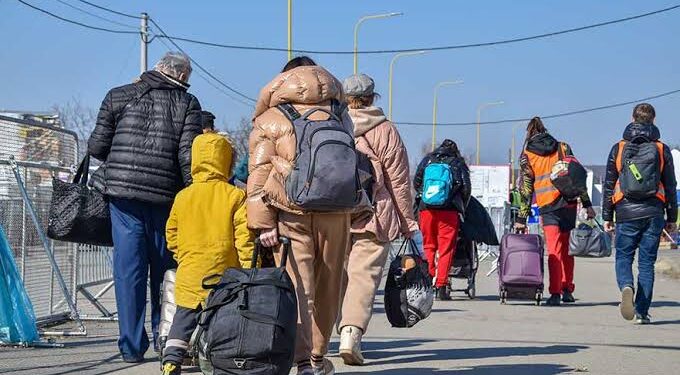By Lucy Adautin
Germany’s migration commissioner has suggested deporting migrants who cross into the European Union illegally via Belarus to Rwanda, as Berlin considers ways to curb the influx of refugees into the bloc.
This proposal follows growing pressure on Germany’s coalition government to limit irregular migration after a deadly stabbing at a city festival last month, linked to Islamic State, which intensified far-right opposition and sparked criticism of Berlin’s handling of migration.
Joachim Stamp, Germany’s Special Representative for Migration Agreements, mentioned that the EU could make use of Rwanda’s existing asylum facilities. These facilities were originally set up for the UK’s 2022 plan to relocate unauthorized migrants to the East African country, a plan that was later abandoned by Keir Starmer’s government in July.
Stamp’s proposal includes having the asylum process in Rwanda overseen by the United Nations.
“We currently have no third country that has come forward, with the exception of Rwanda,” Stamp said in a podcast by Table Media published on Thursday.
Stamp, a member of the junior coalition FDP party and whose position sits in Germany’s Interior Ministry, said this model would specifically target refugees crossing the EU’s eastern borders.
“My suggestion would be that we concentrate on this group. It’s about 10,000 people a year,” he said, dismissing broader proposals from the conservative opposition to apply such a model to all refugees.
He mentioned that Rwanda has openly declared its readiness to keep applying this approach.
Moreover, Stamp proposed eliminating the “connecting element” in the revised Common European Asylum System (CEAS), which at present mandates that external asylum processes occur in nations where the asylum seeker has social ties.
In December, the European Union reached an agreement on fresh regulations for managing irregular arrivals of migrants and asylum seekers, a deal celebrated as a breakthrough after nearly ten years of intense disagreements over the matter. The agreement may not be fully implemented until the close of 2025.


































